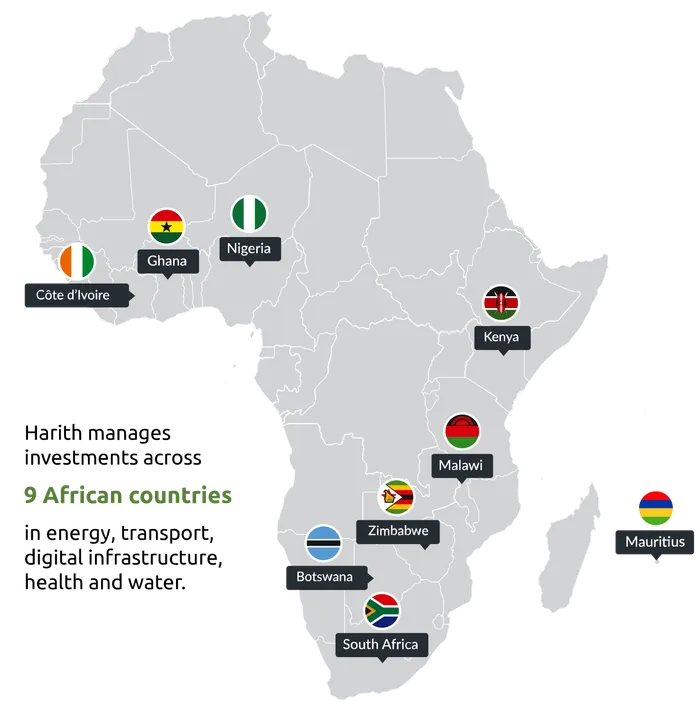
The Financial Sector Conduct Authority has fined a pan-African company for lax anti-money laundering controls.
Image: File
Harith General Partners, which says it is one of Africa’s largest infrastructure fund managers, has been fined R1.7 million by the Financial Sector Conduct Authority (FSCA).
This, the FSCA said, is for failing to put proper money laundering safeguards in place through a legally mandated Risk Management and Compliance Programme.
The move comes as South Africa exits a international sanction after having been placed on a greylist in 2023 for failing to have adequate anti-monetary laundering controls.
On its website, Harith General Partners says it is “a leading Pan-African fund manager specialising in infrastructure development”.
It manages investments across nine African countries in sectors such as energy, transport, digital infrastructure, health, and water.
Harith has $1.2 billion – or R20.7 billion – in assets under management.
The company came under the spotlight in 2019 during the Mpati Commission of Inquiry into allegations that it had “fleeced” billions from the Public Investment Corporation (PIC).
It allegedly did this through charging high management fees on PIC-funded projects.
It was subsequently cleared of any allegations that it had acted in a manner that harmed the PIC.
In 2023, Harith CEO Sipho Makhubela said, “Harith operates in the highly regulated financial services sector, so we are no strangers to, and are quite comfortable with heightened scrutiny.
“Our line of business requires the utmost fidelity to those who entrust us with their funds and investments.”
Makhubela added that, this is why “throughout these processes that have ensued since these allegations were first raised, we have been fully cooperative and played open cards at every stage”.
In the latest issue involving the fund manager, the FSCA said Harith, a licensed financial services provider, breached several provisions of the Financial Intelligence Centre Act,
It said in a statement it had not adequately verified its clients’ identities, the source of their funds, or whether they appeared on international sanctions lists.
The regulator said the company’s internal controls were too weak to detect or prevent money laundering and terrorist financing.

Harith's footprint across Africa.
Image: Harith
“An effective [compliance programme] is vital not only because it assists accountable institutions to protect and maintain the integrity of their own businesses but also because it helps contribute to the integrity of the South African financial system as a whole,” said the FSCA.
Yet, FSCA said its inspection revealed that Harith had failed to conduct proper background checks on clients.
In addition, it didn’t establish the real owners of companies it did business with and keep evidence of these checks.
It also failed to screen employees for competence and integrity.
The FSCA said that “based on an assessment of various factors, including the size, complexity and risk exposure applicable to Harith” it was fining the company.
It imposed a financial penalty of R1.7 million, of which R500 000 is conditionally suspended for two years, said the regulator.
FSCA also issued a directive to the institution to remediate the identified deficiencies.
“The above sanction serves as a reminder that the FSCA will not tolerate non-compliance with the FIC Act,” the FSCA said.
It added that all accountable institutions are urged to continually review and enhance their anti-money laundering and terrorist financing controls at the highest levels.
The penalty comes as South Africa celebrates its removal from the Financial Action Task Force (FATF) greylist – a move widely welcomed as an economic boost expected to encourage more international investment.
The greylist sanction was the result of gaps in its anti-money laundering and counter-terrorism financing systems.
Since then, government and regulators have been tightening oversight to strengthen financial integrity.
In its latest annual report, the FSCA said it had stepped up efforts to crack down on financial crime as part of South Africa’s broader drive to exit the greylist.
As part of this, it said it had “issued several administrative sanctions” relating to anti-money laundering breaches.
IOL Business